Here are two collages. One is from a blogpost, “Visions at Midnight,” posted on May 27, 2025, and the other is an illustration, similarly styled, which appeared in The New York Times on Oct. 13, 2025. And Süddeutche Zeitung joined the game on Oct. 18-19, 2025.
Yelling His Fool Head Off
He was up early. He would not say under the cover of darkness,
because he had nothing to hide. He had something to bury. — William ‘Cody’ Maher
PARTISANS
A Graphic History of Anti-Fascist Resistance
Just in over the transom: An eye-catching collection of wartime tales of armed resistance to fascism edited by the comics writer and activist Raymond Tyler and the radical historian Paul Buhle. It’s a great teaching tool for students and for anyone else who could use a gripping introduction to the subject.
When the grim reaper comes to dinner . . .
. . . he hovers there like bad breath.
Hollywood Goes Up Against the Trump Regime
Jane Fonda and other Hollywood stars are modeling their battle against the Trump regime’s “campaign to silence critics” on the Committee for the First Amendment, which was initially formed during the “Red Scare” of the 1940s. Here’s what happened the first time around.
Charlie Kirk Would Not Appreciate This
In case you haven’t seen it, this is Trump in excelsis thank you very much.
The Vanity and Narcissism of an ‘Irreplaceable’ Leader
The comparison to the 47th American president is overworked but necessary. Here’s an excerpt from “Hitler’s People” by the British historian Richard J. Evans.
Charles Plymell
Sunday Service of Sun and Clouds
There was a time when Charles Plymell claimed that Bob Dylan stole his Nobel Prize. Charley was full of blustering anger in those days, calling his old friend Allen Ginsberg a phony, his publisher Lawrence Ferlinghetti a two-bit miser, and Jack Kerouac a Mama’s boy whose ‘On the Road’ he never read. In more recent years, though he still claims not to have read Kerouac, Charley has apologized for his deprecation of Ginsberg and dedicated his latest book, ‘Over the Stage of Kansas,’ to Ferlinghetti. Because it would make poetic sense, I would like to date his change of heart, not only metaphorically but literally, to the time he had a heart attack and wrote this majestic, never-published poem.
Upon the Death of Charlie Kirk
The Most Truthful Statement I’ve Read About Him
“The media wants you to believe he was some saint of free speech, cut down in his prime. They’re already sanding down the edges, turning a man who spent his career spewing bile into a martyr. But here’s the truth: Kirk wasn’t about dialogue, he was about domination. He wasn’t about protecting liberty, he was laying the rhetorical groundwork for fascism.” — Samuel Thompson
One-Strike Poems
Malcolm Ritchie’s Mountain on Top of a Mountain
Here is a magnificent book of short poems so rich in images, so clear and yet mysterious, so generous in feeling that, to steal a thought from a Donald Hall essay about Dylan Thomas, “form and shape and honey-in-the-mouth make small monuments of English literature.”
New Release Adds Poems
What Perplexity AI Has to Say About Shadow Words
“Jan Herman was inspired to create these deformed sonnets by a desire to challenge conventional notions of poetry and to express himself under what he saw as ‘duress and necessity.’ Their uniqueness lies in the evocative and sometimes elusive content where the poems become reflections on selfhood, transience, and perception, This approach allows him to use the sonnet label while subverting expectations, making his work feel both familiar and radically new.”
Pastel Colors, Geometric Compositions
It is rare to receive a gift in the mail as pristinely attractive as Phil Scalia’s immaculately produced ‘Utification,’ a chapbook of 28 remarkable photographs he took in Utica, New York.
Charming Landscape Sketches
Some poets have a talent for drawing. Mark Terrill is one. I am charmed by these sketches of his and have posted another as well. He makes no claims for them. They’re just one of his habits.
From Cold Turkey Press
‘Two Images. One Message. All at Once.’
Viewing these collages, you can feel your mind straining to integrate the images or to suspend the boundaries between the two. But you are immediately rewarded for your efforts, and the effect gets very close to Rimbaud’s “systematic derangement of the senses.” — Mark Terrill
Don’t Know What I Did to Deserve It
Steff Signer / Cabinet Music XII — Twelve More Bars to Go
A Great One Died Eight Years Ago
‘He was the Shelley of his age and more.’ — Gerard Bellaart
In Berlin
A ‘Pandora’s Box’ of Life’s Struggles and Wonders
In several media — photography, video, poetry and live performance — Signe Mähler and William Cody Maher will introduce a world in which the personal and the universal intersect and mirror one another. The pair will explore how the story of a married couple can echo both global events and private memories — using the past as a lens to see and understand the present.

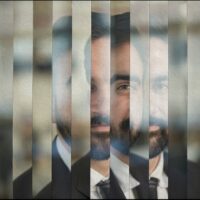

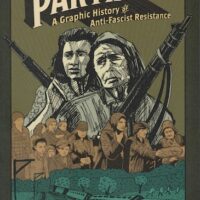
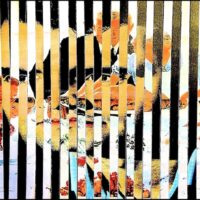

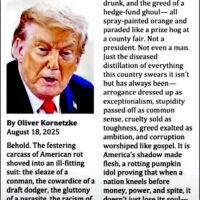
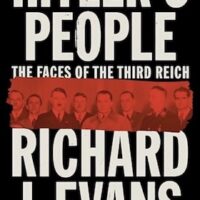
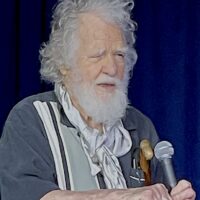
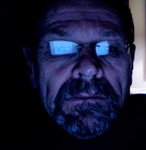
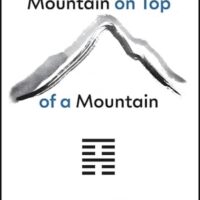
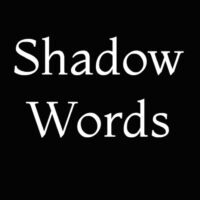
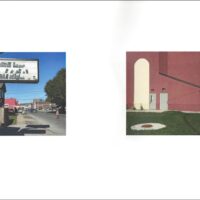
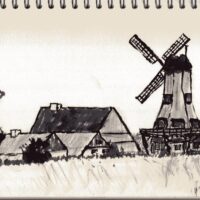
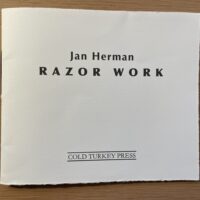
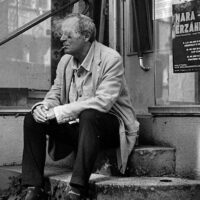
![Heathcote Williams [Photo: JH, 2013]](https://www.artsjournal.com/herman/wp/wp-content/uploads/2017/07/heathcote-williams-photo-copy-200x200.png)
